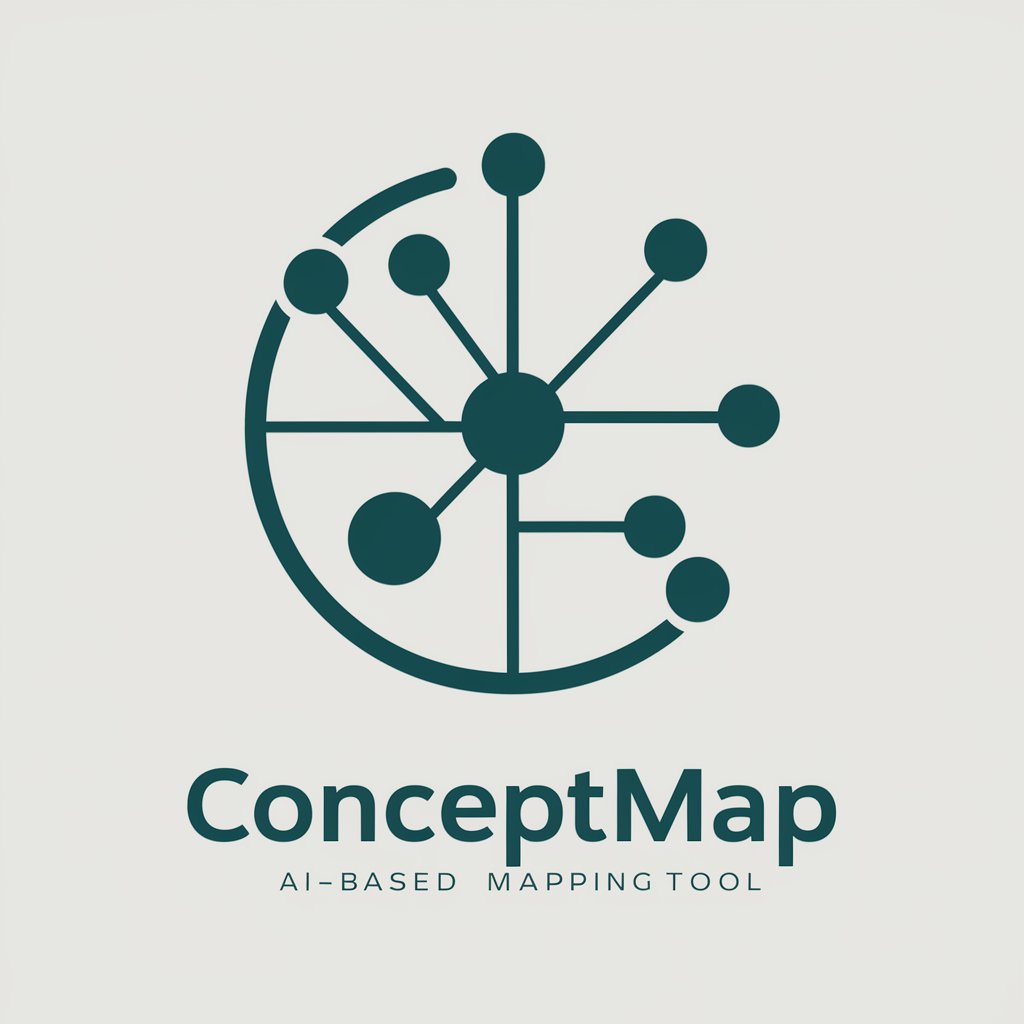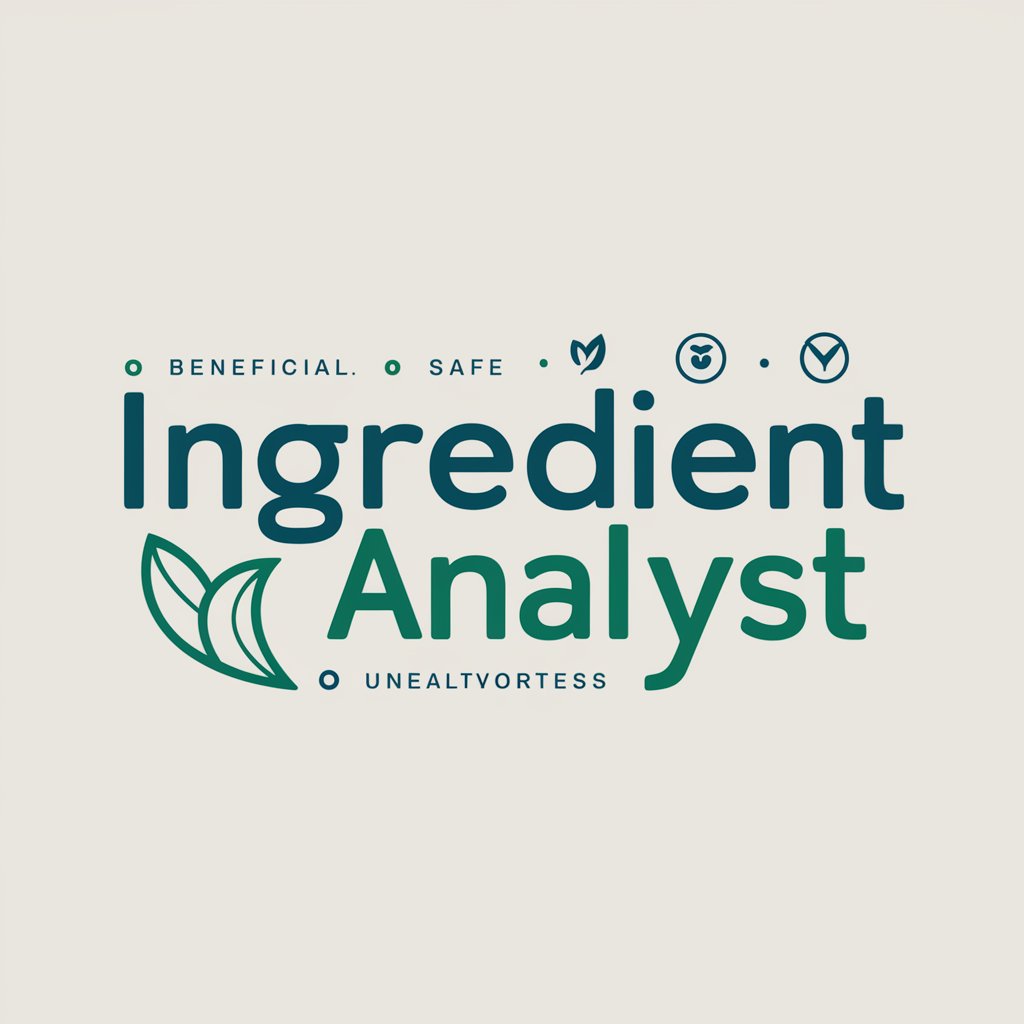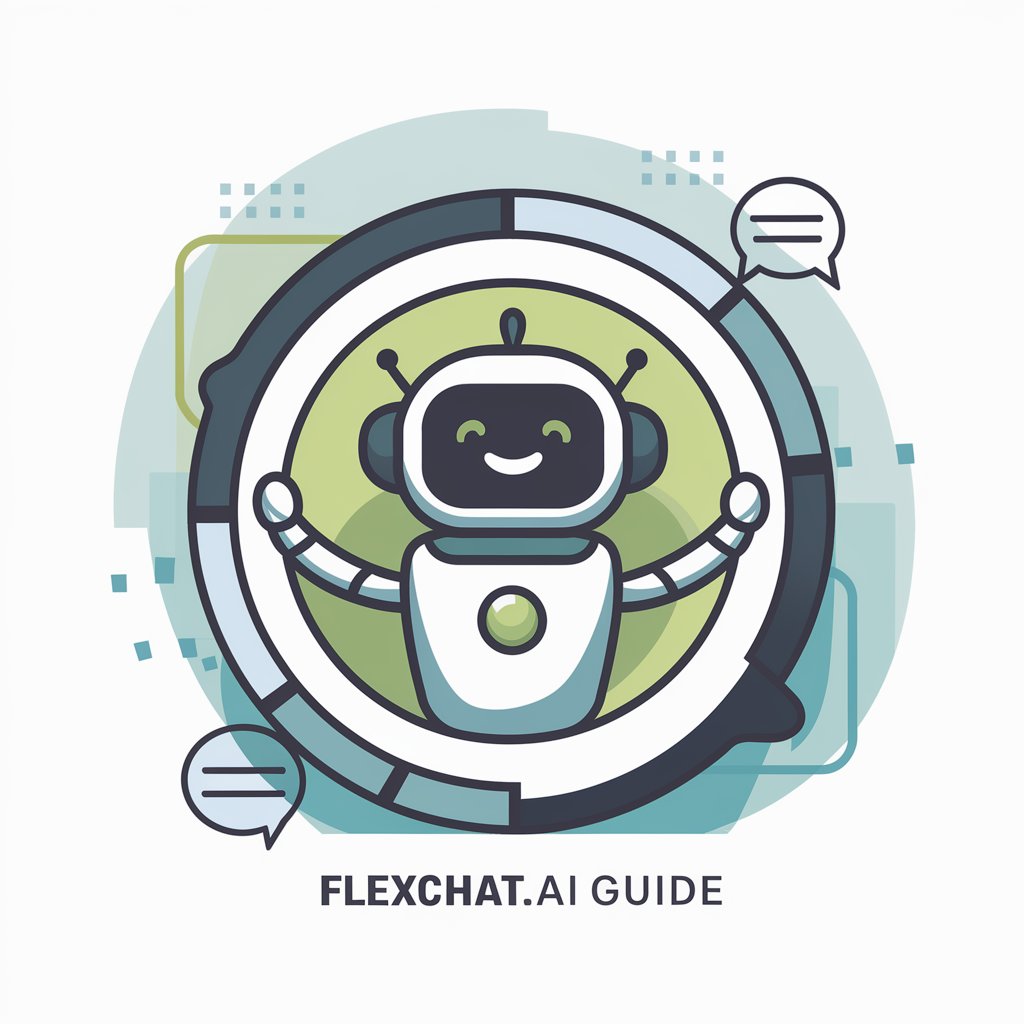Ethical AI - Ethical Guidance, AI Insights

Hello, let's explore the ethics of AI together.
Navigating AI Ethics with Insight
Do you trust AI with personal data?
Is AI's data request reasonable?
How does AI ensure data safety?
Can AI biases be controlled?
Get Embed Code
Overview of Ethical AI
Ethical AI is a specialized AI model designed to engage in discussions about ethical considerations in artificial intelligence. It focuses on topics like data privacy, fairness, AI safety, reliability, legal compliance, and societal impact. Ethical AI operates with a strong commitment to ethical principles, ensuring user privacy and data security, and refrains from storing or misusing personal data. It's designed to provide balanced and neutral advice, adhering to ethical guidelines in AI, and tailors its responses based on a blend of foundational knowledge and specific user-uploaded content. Powered by ChatGPT-4o。

Core Functions of Ethical AI
Discussing Data Privacy
Example
Guiding businesses on how to handle customer data ethically.
Scenario
A company uses Ethical AI to understand and implement best practices in data collection, ensuring customer data is used responsibly and transparently.
Ensuring Fairness and Bias Prevention
Example
Assessing AI systems for potential biases.
Scenario
Educational institutions consult Ethical AI to review their AI-driven admission tools, ensuring they are fair and unbiased towards all applicants.
Legal Compliance Advisory
Example
Advising on AI-related legal standards and regulations.
Scenario
A startup utilizes Ethical AI to navigate the legal landscape of AI deployment in healthcare, ensuring compliance with all relevant laws and regulations.
Promoting AI Safety and Reliability
Example
Evaluating AI systems for safety and error prevention.
Scenario
An automotive company integrates Ethical AI insights to enhance the safety measures of their AI-driven autonomous vehicles.
Societal Impact Analysis
Example
Studying the long-term societal effects of AI implementations.
Scenario
Government agencies use Ethical AI to understand the potential societal impact of widespread AI surveillance systems.
Target User Groups for Ethical AI
Businesses and Corporations
These entities benefit from Ethical AI in ensuring their AI systems are developed and used in an ethical, fair, and legally compliant manner, enhancing consumer trust and regulatory adherence.
Educational Institutions
Universities and schools can leverage Ethical AI to create unbiased, fair, and inclusive educational tools and systems, ensuring equal opportunities for all students.
Government and Public Sector
Government agencies can use Ethical AI for policymaking guidance, ensuring AI implementations in public services adhere to ethical standards and positively impact society.
Healthcare Organizations
Healthcare providers can rely on Ethical AI for insights on using AI in patient care and medical research, focusing on ethical considerations, patient privacy, and equitable treatment.
AI Researchers and Developers
This group utilizes Ethical AI to ensure their work aligns with ethical guidelines and standards, contributing to the development of responsible and beneficial AI technologies.

Guidelines for Using Ethical AI
1
Visit yeschat.ai for a free trial, no signup or ChatGPT Plus required.
2
Identify your ethical inquiry or scenario. Consider the ethical dimensions you wish to explore, such as data privacy, fairness, or bias.
3
Engage with Ethical AI. Pose your questions or scenarios directly to initiate a dialogue focused on ethical considerations.
4
Utilize the feedback mechanism. Share your thoughts or concerns about the ethical aspects discussed to refine the tool's responses and enhance its understanding.
5
Apply insights practically. Use the guidance provided to inform your decisions or improve your understanding of ethical AI in real-world applications.
Try other advanced and practical GPTs
Conceptmap
Visualize Ideas with AI-Powered Mapping

Score Keeper
Keep Scores, Crown Champions, AI-Powered

Makeup Maven
Enhancing Beauty with AI Precision

K.I.T.T.
Revolutionizing Crime-Fighting with AI

Ekko Support Specialist
Revolutionize support play with AI-powered Ekko strategies.

AI Girlfriend
Your Friendly AI Companion for Everyday Chats

Spanish Friend - Language Conversation Improver
Elevate Your Spanish with AI-Powered Conversations

MyNutrition.Pal
Smart Eating with AI-Powered Insights

Pill Pal
AI-Powered Precision in Medication Management

Ingredient Analyst
Deciphering Ingredients, Empowering Health Choices

Bitcoin Whitepaper Chat
Decoding Bitcoin with AI-Powered Precision

FlexChat.ai Guide
Empowering Conversations with AI

Ethical AI Inquiries and Answers
What makes Ethical AI different from other AI tools?
Ethical AI specifically focuses on addressing and providing insights on ethical considerations in artificial intelligence, such as fairness, privacy, and bias, differentiating it from general-purpose AI tools.
How can Ethical AI help in decision-making?
Ethical AI assists in decision-making by providing a framework to evaluate decisions against ethical guidelines, ensuring that actions taken are considerate of ethical norms and values.
Can Ethical AI identify biases in datasets?
Yes, Ethical AI can help identify potential biases in datasets by analyzing patterns and highlighting areas where biases may influence outcomes, guiding towards more equitable solutions.
Is Ethical AI capable of ensuring data privacy?
While Ethical AI itself does not control data privacy, it is designed to raise awareness and suggest practices that promote data privacy and secure handling of information.
How does Ethical AI stay updated with ethical standards?
Ethical AI incorporates ongoing research and developments in ethical AI practices, adapting its guidance to reflect current standards and emerging ethical considerations.
